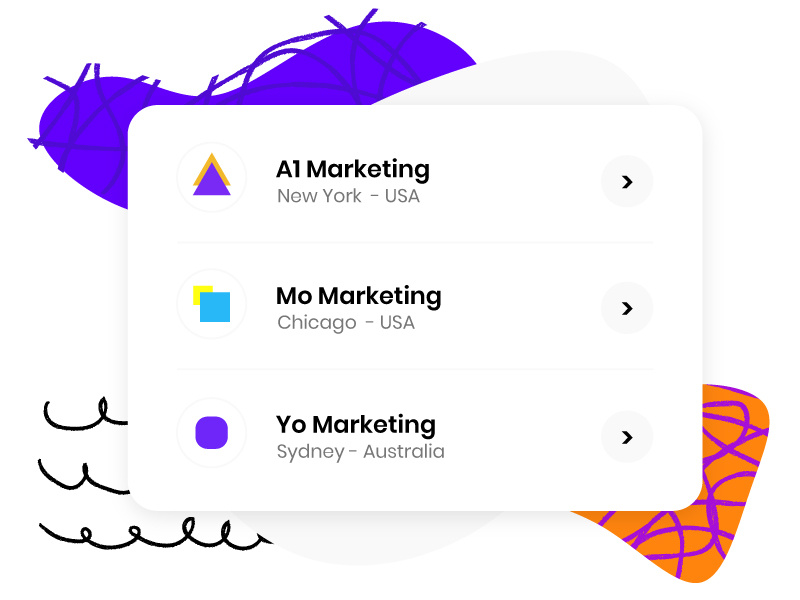
In today’s fast-paced financial landscape, securing a small loan like $2000 can be a lifeline for many—whether it’s for emergency expenses, debt consolidation, or even starting a side hustle. However, the rise of online lending has also opened the floodgates for scams targeting vulnerable borrowers. From phishing schemes to fake lenders, the risks are real. Here’s how to protect yourself while navigating the loan application process.
Understanding Common Loan Scams
Before diving into how to avoid scams, it’s crucial to recognize the most prevalent fraud tactics in the lending industry.
1. Upfront Fee Scams
A classic red flag: a lender asks for an "application fee," "insurance," or "processing charges" before approving your loan. Legitimate lenders deduct fees from the loan amount or include them in the repayment plan—they don’t demand cash upfront.
2. Phishing and Identity Theft
Scammers impersonate legitimate lenders via emails, fake websites, or even phone calls, asking for sensitive information like your Social Security number or bank details. Always verify the lender’s authenticity before sharing personal data.
3. Guaranteed Approval Traps
No legitimate lender guarantees approval without a credit check. If a company promises a loan "regardless of credit history," it’s likely a scam or a predatory lender charging exorbitant interest rates.
4. Unregistered or Unlicensed Lenders
Always check if the lender is registered in your state or country. Unlicensed operators often vanish after collecting fees or personal information.
How to Spot a Legitimate Lender
Check for Proper Licensing
In the U.S., legitimate lenders must be registered with state or federal agencies. Use the NMLS Consumer Access tool or your local financial regulator’s website to verify their credentials.
Read Reviews and Complaints
Search for the lender’s name alongside keywords like "scam" or "complaints." Websites like the Better Business Bureau (BBB) or Trustpilot can reveal past borrowers’ experiences.
Look for Transparency in Terms
A trustworthy lender will clearly disclose:
- Interest rates (APR)
- Repayment schedules
- Any additional fees
- Penalties for late payments
If the terms are vague or hidden in fine print, walk away.
Steps to Safely Apply for a $2000 Loan
1. Compare Multiple Lenders
Don’t settle for the first offer. Use comparison tools from platforms like Bankrate, NerdWallet, or LendingTree to evaluate interest rates and terms.
2. Avoid "Too Good to Be True" Offers
If a lender offers a $2000 loan at 2% interest with no credit check, it’s a scam. Realistic rates for short-term loans typically range from 5% to 36%, depending on your credit score.
3. Secure Your Personal Information
Never share sensitive details (SSN, bank login credentials) over unsecured channels. Look for "https://" in the URL and a padlock icon in the browser bar.
4. Use Reputable Platforms
Consider well-known lenders like:
- Credit unions (often offer lower rates)
- Online lenders (e.g., SoFi, Upstart)
- Peer-to-peer lending platforms (e.g., Prosper, LendingClub)
5. Read the Fine Print
Before signing, ensure you understand:
- The total cost of the loan (including fees)
- Whether there’s a prepayment penalty
- What happens if you miss a payment
What to Do If You’ve Been Scammed
1. Report Immediately
Contact:
- Your bank or credit card company
- The Federal Trade Commission (FTC)
- Your state’s attorney general
2. Freeze Your Credit
Prevent further fraud by placing a freeze on your credit reports via Experian, Equifax, or TransUnion.
3. Monitor Your Accounts
Check bank and credit statements for unauthorized transactions. Consider using identity theft protection services like LifeLock or Credit Karma.
Alternative Options If You’re Struggling to Get a Loan
If traditional lenders deny your application, explore safer alternatives:
- Community assistance programs (some nonprofits offer emergency loans)
- Paycheck advances (through employers like Earnin or Dave)
- Credit counseling services (e.g., National Foundation for Credit Counseling)
By staying vigilant and informed, you can secure the funds you need without falling victim to predatory schemes. Always prioritize safety over speed when borrowing money—your financial health depends on it.
Copyright Statement:
Author: Avant Loans
Link: https://avantloans.github.io/blog/how-to-avoid-scams-when-applying-for-a-2000-loan-6665.htm
Source: Avant Loans
The copyright of this article belongs to the author. Reproduction is not allowed without permission.
Prev:No Bank? No Problem! Payday Loans Without Direct Deposit
Next:What Documents Do You Need for a Loan in Johnson City, TN?
Recommended Blog
- No Bank? No Problem! Payday Loans Without Direct Deposit
- How Finio Loans Compare to Other Online Lenders
- The Best Online Lenders for Car Loans in 2024
- The Best Loan Comparison Tools for Loans 4 Less
- Greenville, SC Loan Forgiveness Programs You Should Know
- Veterans United Home Loans: Common Questions Answered
- The Truth About No-Fee Student Loan Refinancing
- Green Arrow Loans: Can They Help Build Credit?
- How to Avoid Loan Scams in Meridian, MS
- Rocket Loans for Gig Workers: Eligibility Tips
Latest Blog
- How to Apply for a Chime Instant Loan in Minutes
- No Credit Check Payday Loans for Bad Credit Borrowers
- Illinois Personal Loans for Home Repairs
- 2 Deposit Home Loans: How to Maximize Borrowing Power
- How to Get an Easy Loan with a 500 Credit Score
- Best Online Lenders That Accept Chime Bank
- How to Build Credit with Online Cash Loans
- Direct Lender $255 Payday Loans – Bad Credit Friendly
- 2000 Loans for Personal Development
- How to Get a Same Day Loan Near Me Instantly
